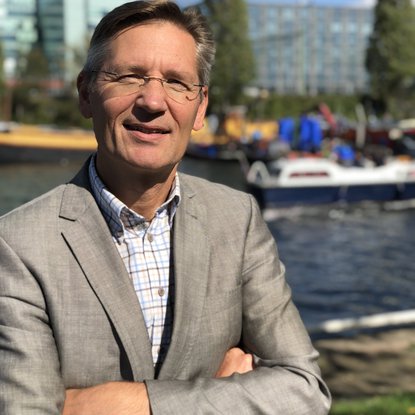The aim of the project is to establish circular and productive connections between food production and food consumption and between cities and rural areas, and to maintain food security by guaranteeing high levels of soil health. One key to alleviate these problems is to make better use of compost from vegetable-, garden- and fruit (VGF) waste. Adding compost to the soil can contribute to soil health, especially through the added value of organic matter present in compost.
The project Circular Productive Cities implemented a knowledge-based evaluation of the business model, innovation opportunities and follow-up steps for the Circular Productive Cities proposition. In the project new applications of compost products from urban VGF-waste were explored and assessed. The project set out to provide a connection between the qualities of compost products and the wishes and demands (quality and quantity) by the various customers. Secondly, the project set out to develop a validated business model in collaboration with its potential users and built on the knowledge and expertise of various stakeholders.
The process of Circular Productive Cities
In workshops and through an analysis of data on current application rates of compost at national and provincial level its was concluded that there is room for growth i.e increased applications in arable farming despite some issues yet to be overcome related the quality of compost. Therefore, the quality demand is foremost one that has yet to emerge, especially because at present compost competes with animal manure that is preferred (financially) by farmers.
The produced business model is aimed on upgrading the quality of VGF-waste to be able to engage in an ongoing demand specification with customers. Two social innovation opportunities were defined to implement the business model of Circular Productive Cities, notably a chain-based coordination in the ‘compost quality triangle’ that enables a demand driven compost production and waste separating and handling practice. The second innovation opportunity is concerned with area-based coordination in which farmers are allowed to use more compost if they comply to environmental objectives. For follow-up activities it was advised to set-up three types of living labs: 1) source separation of waste, 2) area-based agriculture and 3) water management.
| Duration: |
|
Project members
Partners





